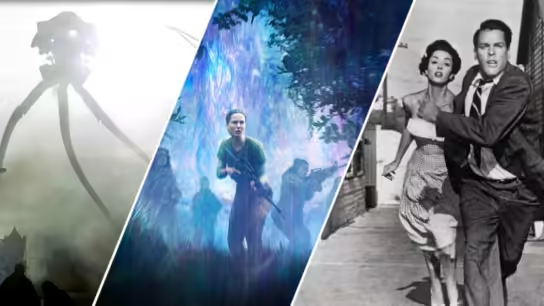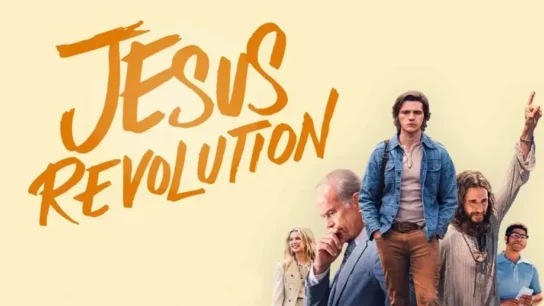Movies have been an integral part of global culture for over a century, captivating audiences with their storytelling prowess, visual splendor, and ability to evoke a wide range of emotions. From the silent black-and-white films of the early 20th century to today’s blockbuster extravaganzas, the world of cinema has undergone a remarkable transformation, reflecting societal changes, technological advancements, and artistic innovations.
Evolution of Cinema: From Silent Films to Technological Marvels
The journey of movies began in the late 19th century with the invention of motion picture cameras and the development of techniques to capture and project moving images. Early pioneers like Georges Méliès and the Lumière brothers experimented with short films, laying the foundation for narrative storytelling through visuals.
The silent film era, dominated by iconic figures such as Charlie Chaplin and Buster Keaton, relied on expressive acting, music scores, and intertitles to convey stories. This period witnessed the birth of genres like comedy, drama, and adventure, setting the stage for the golden age of Hollywood in the 1930s and 1940s.
With the advent of sound in the late 1920s, movies gained a new dimension, enabling dialogue and synchronized soundtracks. This technological leap ushered in classics like “Gone with the Wind” and “Casablanca,” defining the studio system and star-driven cinema.
Genres and Themes: Diverse Narratives for Every Taste
Movies encompass a vast array of genres and themes, catering to diverse tastes and cultural sensibilities. From epic tales of heroism and romance to psychological thrillers and thought-provoking dramas, each genre offers a unique lens through which stories unfold.
- Action and Adventure: Known for adrenaline-pumping sequences and larger-than-life heroes, action films like “Die Hard” and “Mad Max: Fury Road” captivate audiences with their thrilling escapades and jaw-dropping stunts.
- Science Fiction and Fantasy: From futuristic dystopias to magical realms, sci-fi and fantasy movies push the boundaries of imagination. Films like “Star Wars” and “The Lord of the Rings” transport viewers to fantastical worlds filled with wonder and adventure.
- Drama and Romance: Grounded in human emotions and relationships, dramas like “The Shawshank Redemption” and “Titanic” explore themes of love, loss, and redemption, leaving a lasting impact on audiences worldwide.
- Comedy: Laughter is universal, and comedy films—from slapstick humor to witty satire—offer much-needed relief and entertainment. Classics like “Some Like It Hot” and “Anchorman” continue to tickle funny bones across generations.
Impact of Technology: Transforming the Movie-Going Experience
Advancements in technology have revolutionized filmmaking, enhancing visual effects, sound quality, and storytelling techniques. The rise of computer-generated imagery (CGI) has allowed filmmakers to create breathtaking worlds and creatures, as seen in blockbusters like “Avatar” and “Jurassic Park.”
Moreover, digital distribution platforms and streaming services have democratized access to movies, enabling viewers to enjoy a diverse range of films from the comfort of their homes. This shift has spurred debates about the future of traditional cinemas and the evolving role of theaters in the digital age.
Cultural Influence and Global Reach
Movies have a profound impact on culture, shaping societal norms, sparking conversations, and reflecting the zeitgeist of their times. Iconic characters like James Bond and Indiana Jones have become cultural icons, while filmmakers such as Steven Spielberg and Quentin Tarantino have redefined cinematic storytelling.
Furthermore, international cinema—from Bollywood to French New Wave—offers distinct perspectives and artistic styles, enriching the global tapestry of filmmaking. Festivals like Cannes and Sundance celebrate diversity in cinema, showcasing groundbreaking films and emerging talent from around the world.
The Future of Movies: Innovation and Beyond
As technology continues to evolve, the future of movies promises even greater possibilities for storytelling and audience engagement. Virtual reality (VR) experiences, interactive narratives, and AI-driven filmmaking are poised to reshape the cinematic landscape, inviting viewers to immerse themselves in narratives like never before.
In conclusion, movies remain a powerful medium that transcends boundaries, languages, and cultures, uniting audiences in shared experiences and emotions. Whether in a crowded theater or on a streaming platform, the magic of cinema continues to captivate, inspire, and entertain, making movies an enduring cornerstone of global entertainment.
As we look ahead, one thing remains certain: the journey of movies is far from over, with countless stories yet to be told and cinematic innovations yet to be explored.





